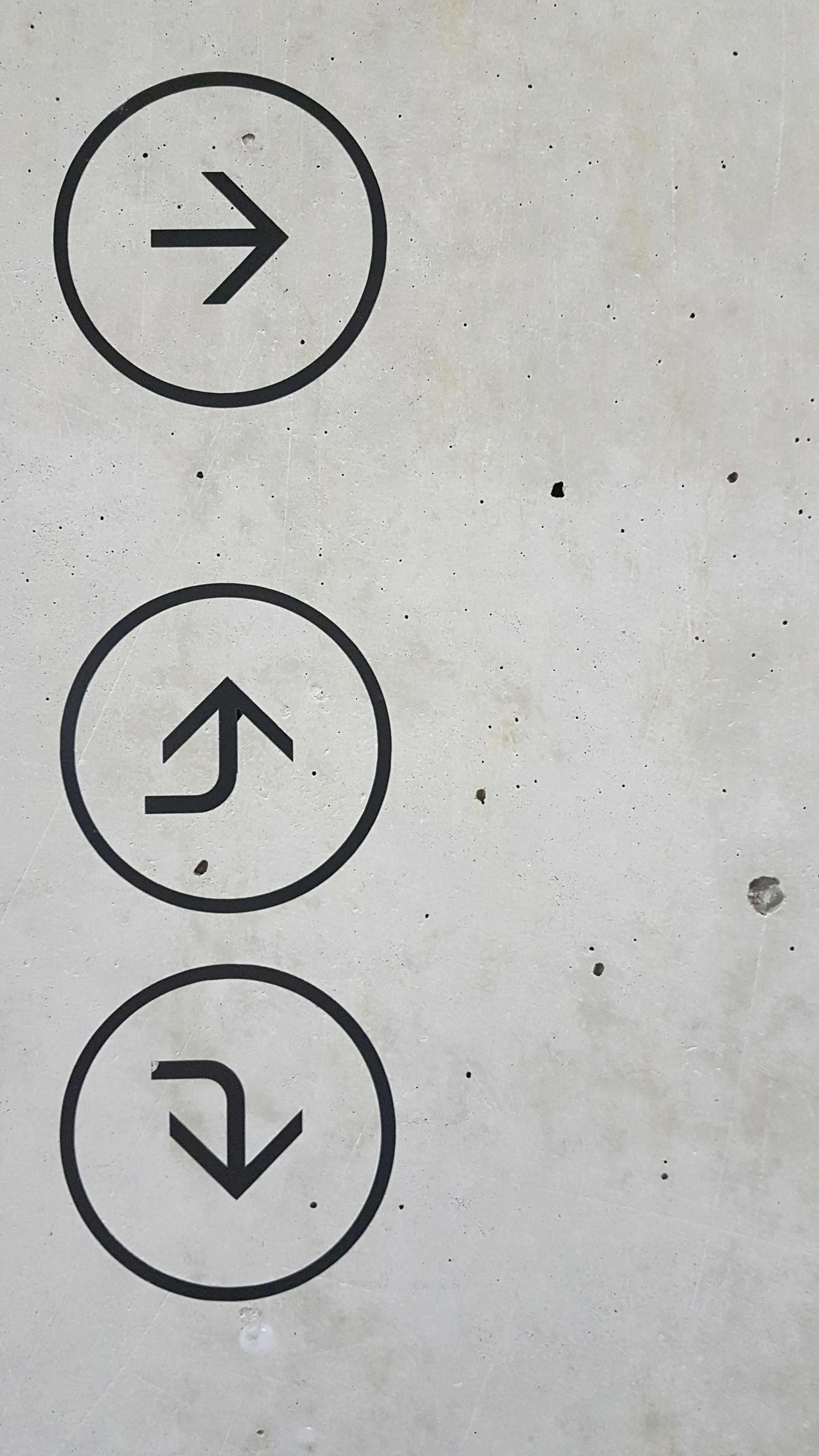Bringing Employees Into the Build Process
Nov 22, 2025
Why People Matter in AI Projects
AI works best when it supports real people doing real work. Many projects fail because they are built in isolation, without listening to the staff who use the systems every day. Human AI co design solves this. It brings employees into the process so the final solution is practical, helpful, and trusted.
Start With Conversations, Not Tools
The first step is simple. Talk to people. Ask them what slows them down. Ask what tasks they avoid. Ask what they wish they could automate. These conversations reveal insights that no tool will show you.
Useful questions to ask staff:
What manual tasks take the most time
What information is hard to find
What decisions feel repetitive
What part of your job should be easier
What small win would make your day better
These answers shape the foundation of your AI design.
Run Short, Friendly Workshops
Workshops help teams explore ideas together. Keep them short and relaxed. The goal is to understand how work actually happens, not how it appears on paper.
A good workshop might include:
Mapping a simple workflow
Highlighting pain points
Testing AI prompts
Trying sample automations
Sharing ideas without judgement
Workshops help people feel part of the journey.
Collect Real Examples of Work
AI needs examples to learn from. Staff produce these every day. Collect emails, documents, questions, forms, messages, and task steps. These real examples help you shape the AI workflow with accuracy.
Examples to collect include:
Customer emails
Internal messages
Repeated questions
Outdated templates
Step by step processes
These samples make the AI solution grounded in reality.
Build Small Prototypes Together
Do not aim for a finished product immediately. Start with something basic. Show the team a simple prompt. Show a small automation. Show a draft workflow. Then ask what needs to change.
Prototypes help with:
Fast learning
Honest feedback
Shared understanding
Clear direction
Each prototype becomes a small step toward the final solution.
Create a Safe Space for Testing
People need room to try things without fear of judgement. Make it clear that mistakes are normal. Encourage teams to explore, compare results, and share opinions.
A safe testing space should:
Allow play and curiosity
Let staff try different prompts
Give space to test scenarios
Invite feedback quietly or openly
When people feel safe, they learn quicker and contribute more.
Use Feedback to Improve the Workflow
Feedback is the most valuable part of co design. Patterns will emerge. Staff will point out where the AI helps and where it gets in the way. This is the information that turns a basic idea into a great workflow.
Look for patterns in feedback such as:
Steps that still feel slow
Missing information
Confusing outputs
Unexpected errors
Opportunities to automate more
Refining the workflow based on real usage leads to strong adoption.
Celebrate Staff Contributions
When the workflow is ready, give credit to the people who shaped it. This builds trust and shows that their experience matters. It also encourages others to take part in future projects.
Ways to celebrate include:
Thanking contributors publicly
Sharing before and after results
Showing time savings
Highlighting team ideas
Demonstrating real improvements
People support what they helped create.
Final Thought
Human AI co design is one of the strongest ways to build AI solutions that last. When people are involved from the start, the final workflow fits naturally into the organisation. It becomes a helpful partner rather than an imposed tool. This is how AI creates real, lasting value.











